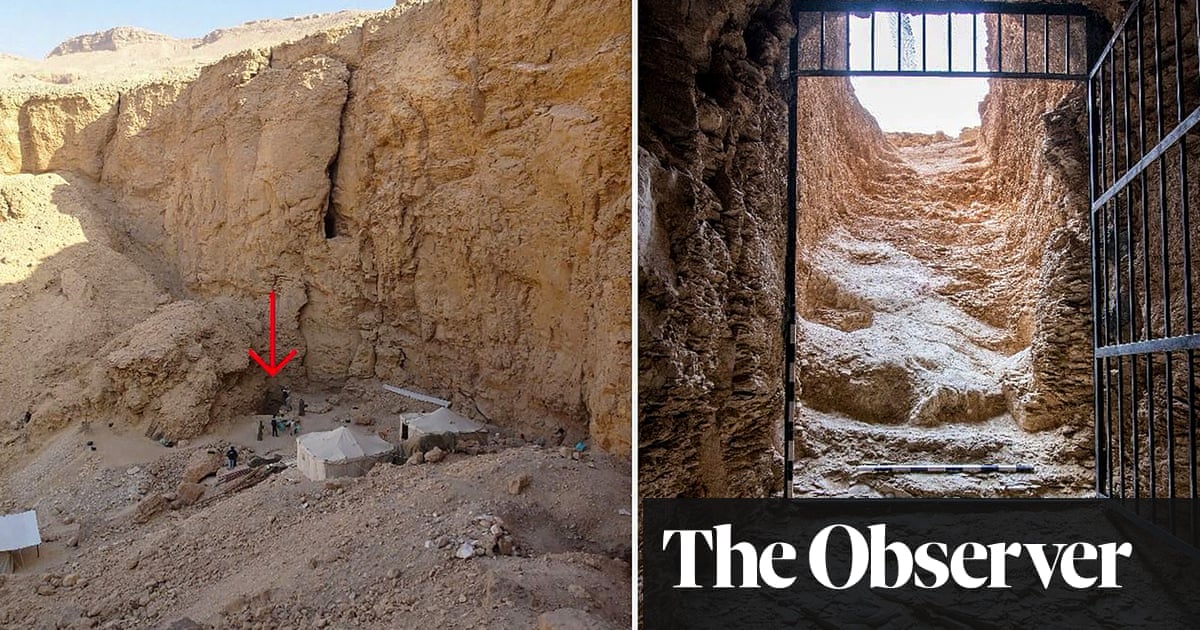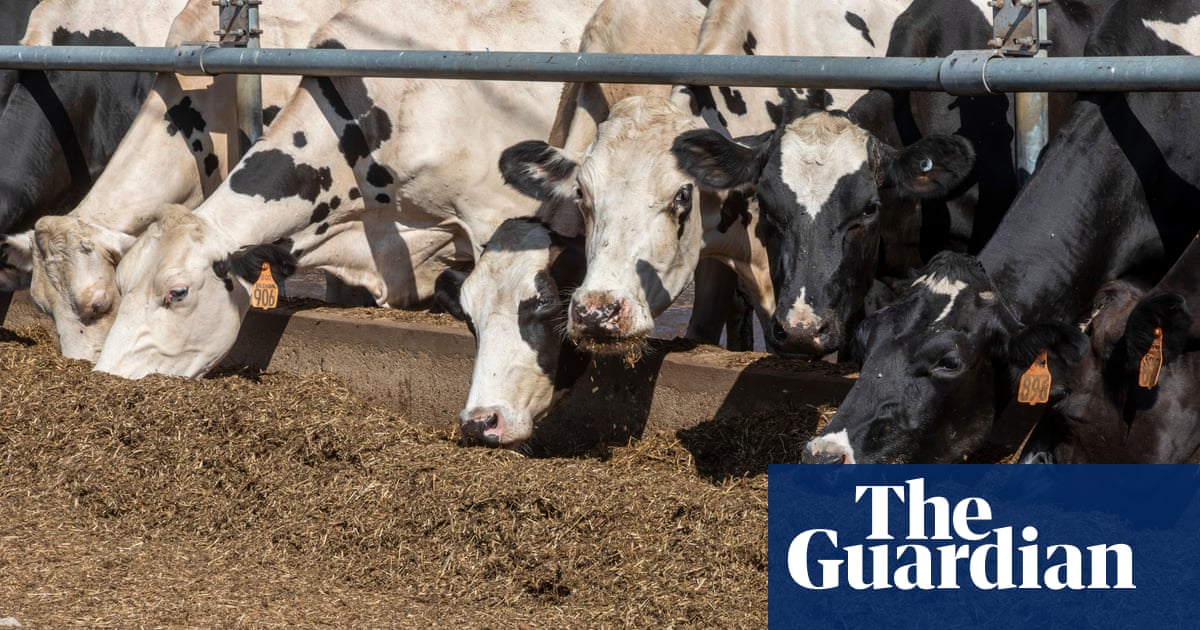China and India should no longer be treated as developing countries in the same way as some of the poorest African nations are, according to a growing number of poor country delegates at the Cop29 UN climate talks.
China should take on some additional responsibility for providing financial help to the poorest and most vulnerable, several delegates told the Guardian. India should not be eligible for receiving financial help as it has no trouble attracting investment, some said.
Balarabe Abbas Lawal, Nigeria’s environment minister, said: “China and India cannot be classified in the same category as Nigeria and other African countries. I think they are developing but they are in a faster phase than states like Nigeria.
“They should also commit in trying to support us. They should also come and make some contribution [to climate finance for poorer countries].”
China and India are regarded as developing countries at the Cop29 climate talks, using classifications that date back to 1992 when the UN framework convention on climate change (UNFCCC) was signed. That means they have no formal obligation to cut their greenhouse gas emissions or to provide financial help to poorer countries, and technically are eligible to receive climate aid, though China chooses not to do so.
“Those that actually deserve this support are African countries, poor Asian countries and small island states that are facing devastating climate change issues,” Lawal said.
His views were echoed by two other representatives from developing countries at the talks. An African negotiator said: “China, India, South Africa, Egypt: those countries should not be on the list of developing countries. In the framework, they have conditions to access funds, much more than us. They should be contributing.”
Susana Muhamad, the environment minister of Colombia, said: “The developed and developing country categories are obsolete. These categories should be changed. The problem is that the Paris agreement and the UNFCCC are negotiated on these categories.”
Nearly 200 governments are gathered in Azerbaijan for the second week of fortnight-long climate talks that are focused on how to give poor countries access to the $1tn a year they need to cut greenhouse gas emissions and cope with the impacts of extreme weather.
Progress has been slow as developed nations have been reluctant to put forward the cash needed, and rows have erupted over the global commitment to “transition away from fossil fuels”.
China is the world’s biggest greenhouse gas emitter and second biggest economy but is classed alongside some of the poorest countries in the world at the UN talks, and carries no obligation to provide financial help to the developing world.
India is now the world’s fifth largest economy by some measures but is still entitled to receive climate finance.
China and India have long been seen as leaders of the developing world at the annual climate summits, called conferences of the parties (Cops) under the UNFCCC, the parent treaty to the 2015 Paris agreement.
This year, however, questions over which countries are still developing have been thrown into sharp focus by the goal of this year’s talks, which is to forge a “new collective quantified goal” on climate finance.
Li Shuo, the director of the China Climate Hub at the Asia Society Policy Institute, a thinktank, said that for any countries to try to push China into contributing to climate finance on the same basis as developed countries would be counterproductive. “That would risk harming trust, and reinforcing divisions,” he said. “What we need is unity, and unity is starting to emerge at these talks.”
after newsletter promotion
Vaibhav Chaturvedi, a senior fellow at India’s Council on Energy Environment and Water, another thinktank, rejected the suggestion that India could contribute to climate finance. “Our per-capita income is $2,800 a year; in the US, it’s $35,000. No one should be saying India should be paying climate finance – we should be receiving.”
If India did not receive such assistance, he said, speeding up the transition to a green economy would be impossible. “An acceleration without climate finance is unthinkable for India,” he said. “India will also defend the principle of responsibility [for cutting emissions and providing climate finance] based on historic emissions.”
However, China’s historic emissions are now greater than those of the EU, according to research from Carbon Brief.
According to the World Resources Institute, China provided nearly $4.5bn a year in climate finance to poorer countries from 2013 to 2022. But much of this money appears to come with strings attached. Developing countries spent nearly $300bn in 2022 just on servicing their debts to China.
Rich countries are concerned that China releases too little information on its financing activities to allow for a clear view. “It’s a black box,” said Germany’s lead negotiator, Jochen Flasbarth.
Avinash Persaud, a former economic adviser to Barbados’s prime minister, Mia Mottley, and now a special adviser to the president of the Inter American Development Bank, pointed out that China and India were also indirectly contributors to climate finance through their shareholdings in regional multilateral development banks.
He said: “Around half of developed countries’ contributions to the current $100bn target come from their shareholdings in multilateral development banks, which currently spend around $75bn on climate to developing countries. China and, to a smaller extent, India are also significant shareholders and will want their share of that international climate finance to be considered as well.”

 3 months ago
52
3 months ago
52













































